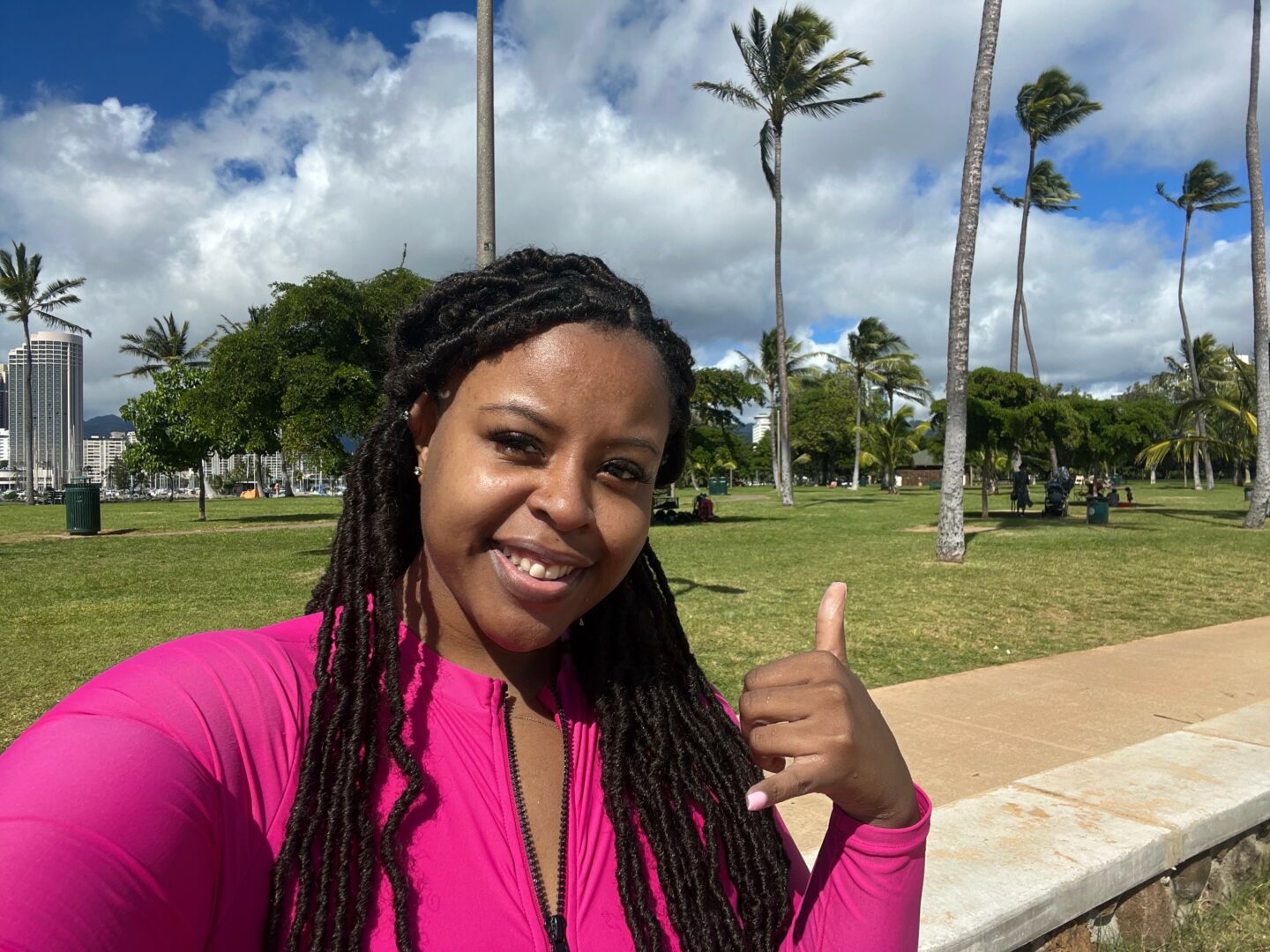We were lucky to catch up with Abby Richmond recently and have shared our conversation below.
Abby, first a big thank you for taking the time to share your thoughts and insights with us today. I’m sure many of our readers will benefit from your wisdom, and one of the areas where we think your insight might be most helpful is related to imposter syndrome. Imposter syndrome is holding so many people back from reaching their true and highest potential and so we’d love to hear about your journey and how you overcame imposter syndrome.
First, let’s define imposter: someone pretending to be what they are not. If you’ve earned that degree, that title, that certification, you are exactly who you claim to be. We have to be ok with not being an expert and accepting that we’re learning on the job, for our entire career. Being inexperienced or unconfident doesn’t make you an imposter; it makes you a newbie. “The master has failed more times than the beginner has even tried.” Consider that in a child’s eyes, their parent is a life expert with all the answers, while the new parent is actively learning how to be successful in their brand new role. Remember that every veteran in your field was a newbie one day and just as you earned the title, you can earn that expert status. Also keep in mind that every vet in your field is still developing their practice (if they have any passion.) There’s always more to learn, especially from innovative newcomers.
With all that being said, I haven’t quite overcome imposter syndrome. I see several ways I could improve personally and professionally to better represent all I claim to be. The secret is that we all feel like imposters until we’re sure of ourselves in those domains of interest. I became a behavior analyst the second I passed my exam, but only by practicing my skillset have I convinced myself that I deserve to sit at the same table as other esteemed analysts. What separates an imposter from a non-imposter is the individual’s self-efficacy. “I think therefore I am.” Only by believing in my own potential for growth am I able to grow.
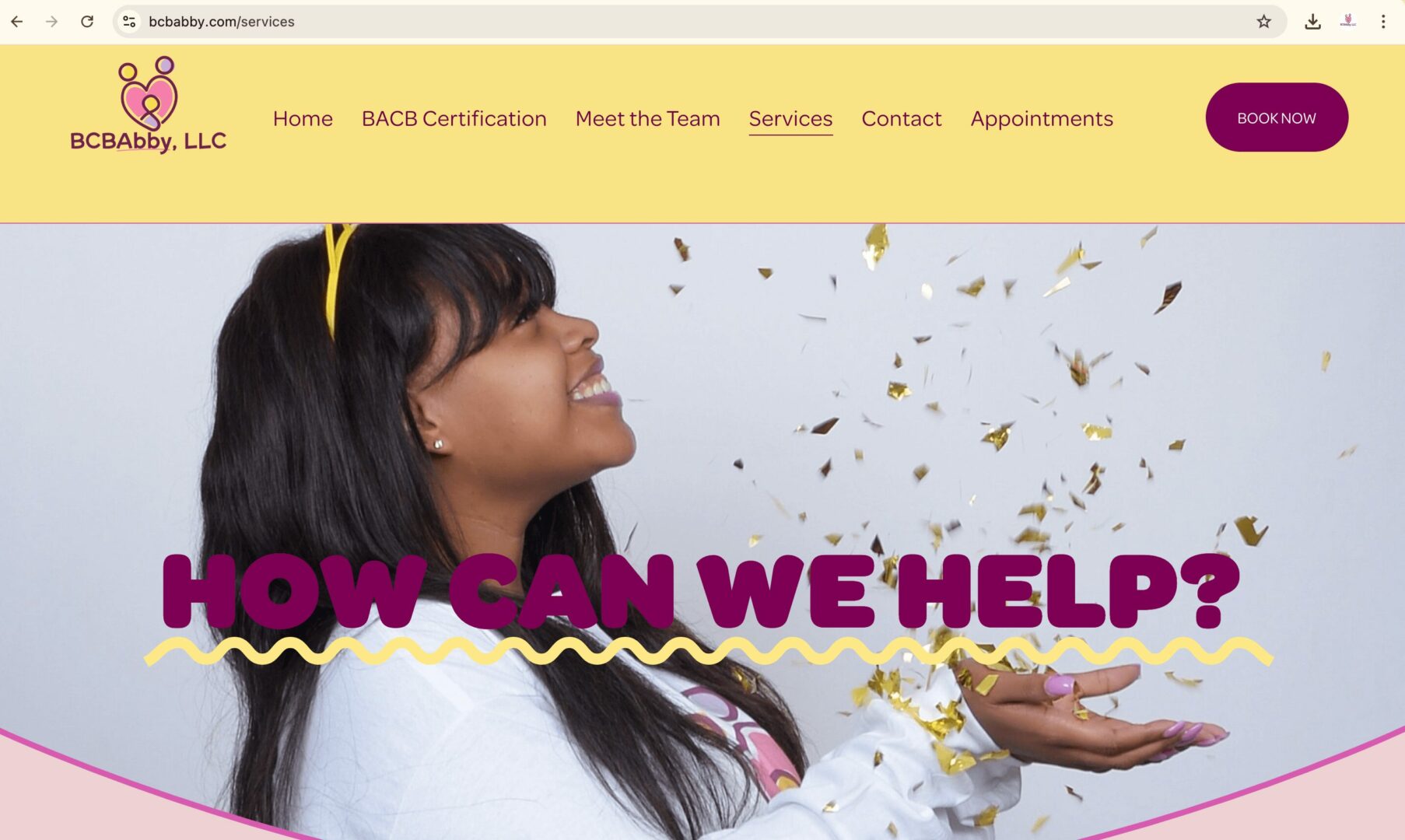
Appreciate the insights and wisdom. Before we dig deeper and ask you about the skills that matter and more, maybe you can tell our readers about yourself?
I am a licensed, international and board certified behavior analyst (LBA/IBA/BCBA). In my professional practice, I work with individuals with special needs, most often children on the Autism spectrum, to support them in maximizing their independence and quality of life. I target the development of my clients’ skills across many domains such as social skills, communication skills, and self-care skills while also identifying ways to help them meet their needs efficiently and cope with their challenges without behaviors that would be disruptive to environments they frequent. I work across many settings such as clinics, schools, daycares, family homes, residential facilities, and community environments.
With BCBAbby, I provide fieldwork supervision to aspiring behavior analysts. With the help of two other fantastic behavior analysts and my rockstar admin assistant, we are currently able to service roughly 40 student analysts across several states and countries. I give my student analysts weekly assignments, meet with them throughout the month to answer their questions, provide feedback on their submissions, host group meetings to foster collaboration with peers, and encourage our next generation of behaviorists to reach their potential. We hope to offer may more services and new products in the near future as we continue to grow.
As a behavior analyst, it’s special to connect with entire families and become part of my client’s world. Then with my business, it’s wonderful to connect with behavior analysts in training and be part of their journey. Despite the hyper-independence encouraged in our western society, it truly takes a village. We need community to get any and everywhere we’re going. Even being “self-made” and “self-paid” means you need consumers of your product or service. It matters to feel connected. What I do maximizes my connection with the members of my community. And it’s pretty cool to know that I’m teaching future professionals, firefighters, law enforcement, healthcare providers, educators, politicians, and – I don’t doubt, because kids are so funny – comedians. I look forward to strolling through Kroger with gray streaks in my hair and seeing the little people I care now for living the life I knew they would some day. I can only hope they’ll remember me but I’ll never forget any of my kids.
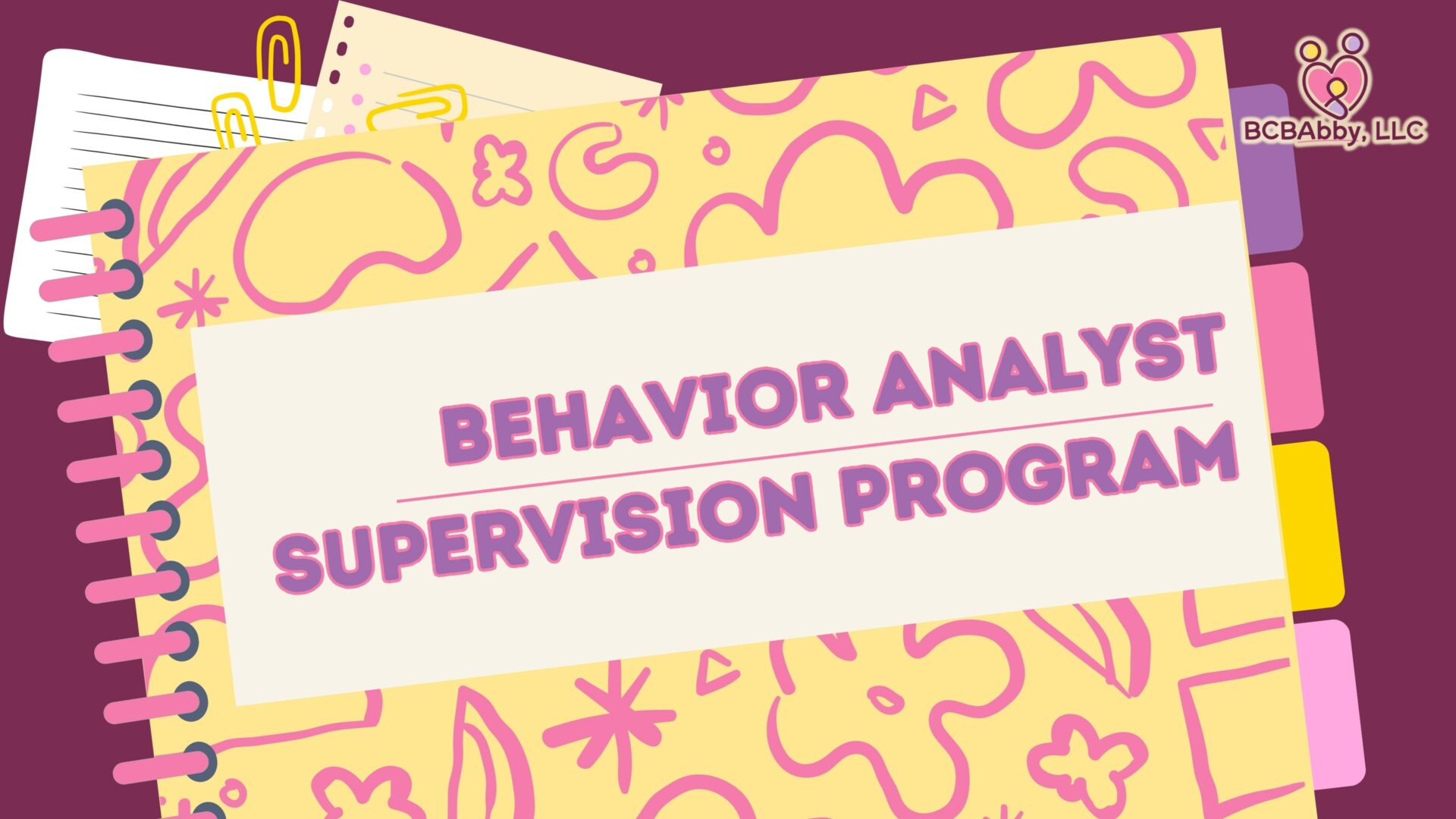
Looking back, what do you think were the three qualities, skills, or areas of knowledge that were most impactful in your journey? What advice do you have for folks who are early in their journey in terms of how they can best develop or improve on these?
Commitment. I tell myself that giving up is never an option. I can re-strategize, but never give up on my vision. Nobody’s ever won a gold medal after one practice. No one’s ever become what they aspired to be by peeking their head in and turning around. Commit to your journey, like a relationship. Give yourself grace while also changing your behavior when you fall short. Promise that you’ll never give up on your vision, or more importantly, yourself. Give it everything you have. Ask yourself “what would I do for love?” then do it for yourself.
Experimentation. Just as in my practice, only by manipulating the variables of my life can I change the outcome. They say insanity is doing the same thing and expecting a new result. That means we have to embrace change if we truly want those new results. When things don’t seem to be going as planned, I have to sit back and ask myself what I can do about it. The key is knowing there’s always more than one “right” answer. Any number of small changes can have a positive impact on my life. And I have to keep in mind that only by trying those new, scary things can I know for sure whether they would lead to the change I want to see. “What if it doesn’t work?” Well now I know to try something different. Whether that change ends up being the solution to my problem or not, it’s productive enough just to try things out. We should fear a lack of evolution more than we fear the ever-present possibility of things going amiss. Things can go wrong on any endeavor but they can also go wrong with me remaining where I’m standing now. Even if my experimentation leads me directly back to point A, now I at least know how things would have gone instead of wondering what life could be like if I had branched out from my comfort zone.
Accountability. It starts with self-efficacy, your own belief in yourself to accomplish what you aspire to achieve. When we practice self-efficacy, it’s easier to hold ourselves accountable. At the end of the day, I’m the only person that can reach my goals for me. You can give me the moon but that won’t make me an astronaut. I have to be willing to do whatever it takes. Just as important is admitting to yourself when you aren’t willing. I’ve probably started 1,000 different projects over the years and they only ever “fail” because I’m not truly willing to invest what’s needed into them. I have to acknowledge that it’s my own lack of motivation keeping me from that goal. And guess what? That’s ok! You have to be ok with your own choices. If you aren’t, ask yourself why you continue to make choices you dislike. So instead of listing all the reasons you can’t do what you wanna do, you can either say “I’ll do it in spite of that,” or “the pot of gold at the end of that rainbow is just not worth overcoming those obstacles.”
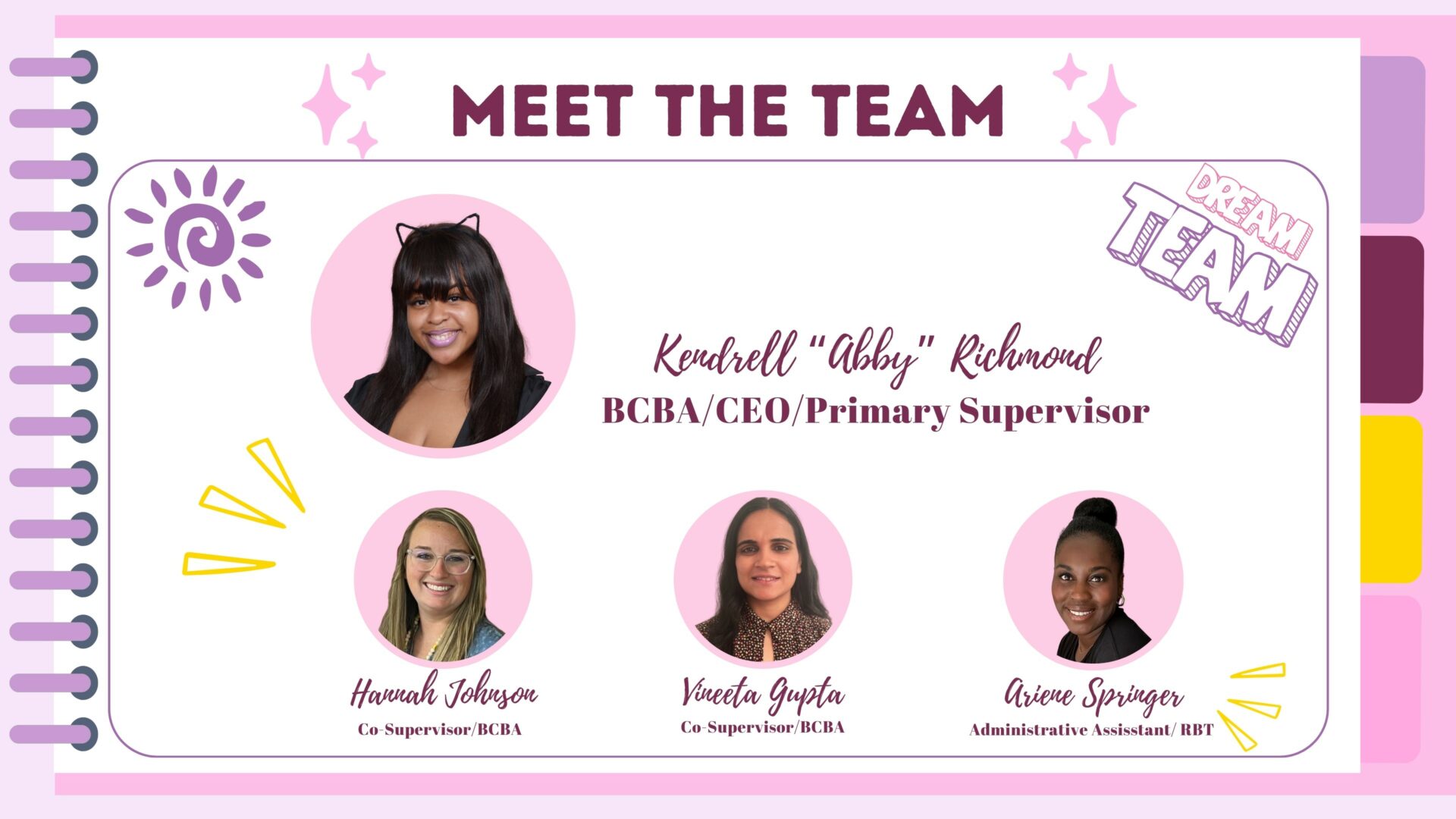
What’s been one of your main areas of growth this year?
Over the past year, I’ve been working on my ability to depersonalize others’ words and actions—whether directed at me or not. I’ve come to understand that it’s rarely personal. People’s challenges often spill over into their interactions and performance in other areas of life. If someone is moody toward me for no apparent reason, I now assume they may be dealing with something unspoken and lack support at that moment. Instead of becoming defensive, I may ask, “How are you feeling? Is something upsetting you?”
Even when something is intended to be personal, I realize I don’t have to take it that way. You could insult me, and I’d still thank you for expressing yourself because, ultimately, that’s all it is—expression. We all have the freedom to express ourselves, but your emotions don’t have to dictate mine. I can listen to what you say without absorbing the emotions you project or engaging in the same tone. Just like with the very dramatic toddlers I work with, we can talk when all parties involved are calm and solution-oriented. We’re all just people with big feelings, often ones we don’t even realize we are experiencing, but I’ve learned not to make others’ emotional overflow my problem. My focus remains on staying centered and avoiding anything that disrupts my balance.
Contact Info:
- Website: https://www.bcbabby.com
- Instagram: @BCBAbbyLLC
- Facebook: https://www.facebook.com/profile.php?id=61557362061456&mibextid=LQQJ4d
- Other: [email protected]
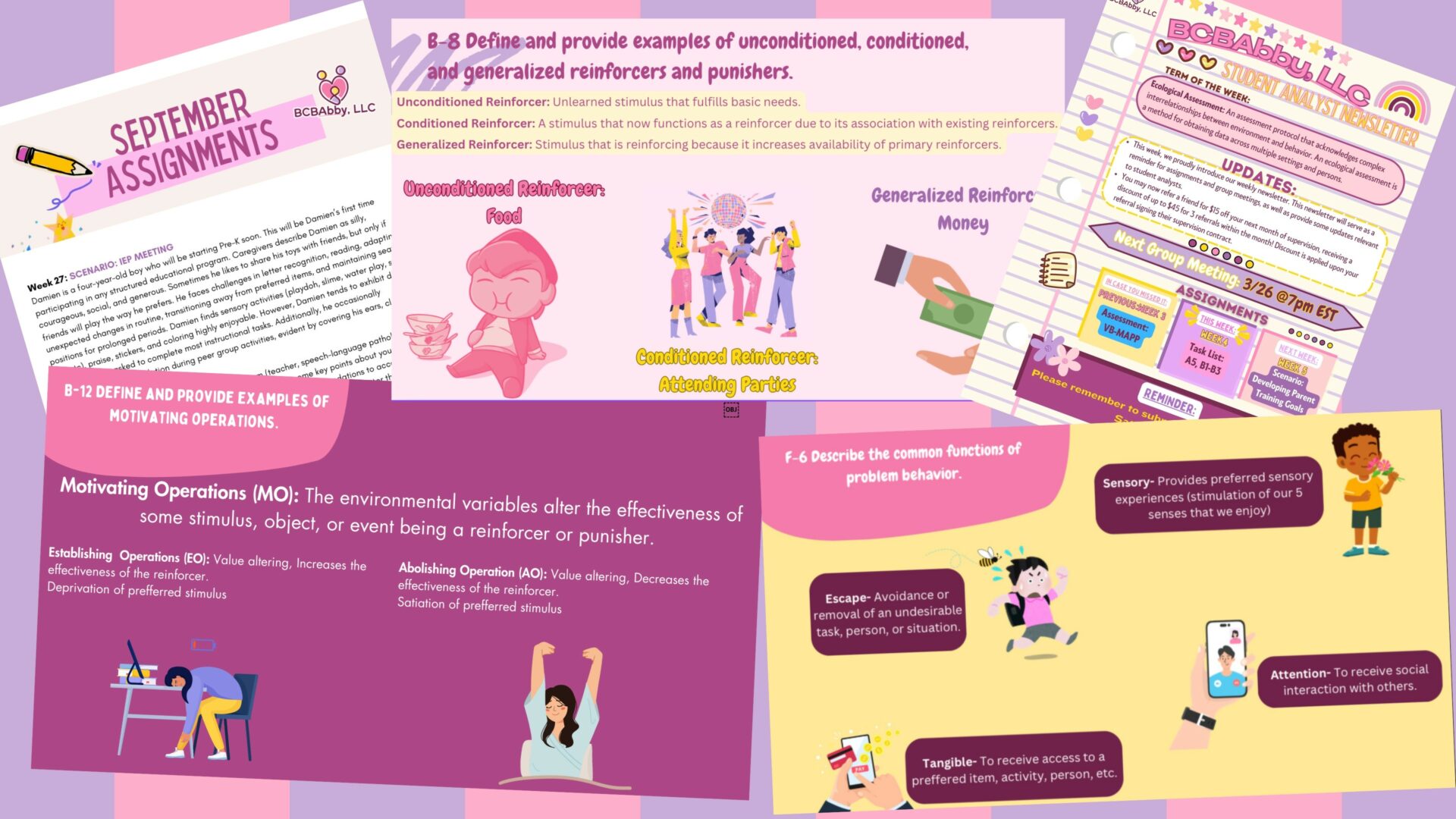
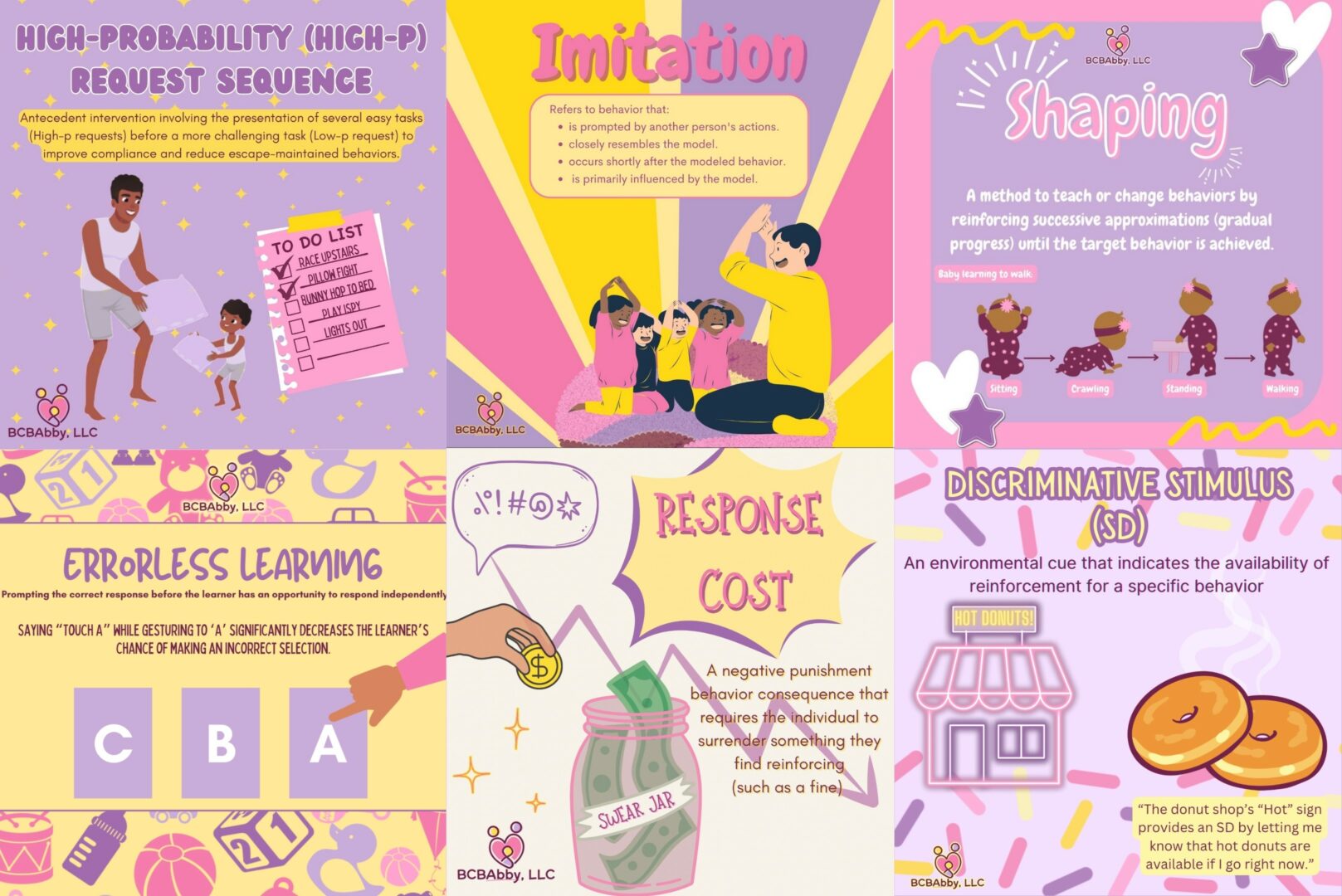
Image Credits
N/a
so if you or someone you know deserves recognition please let us know here.

